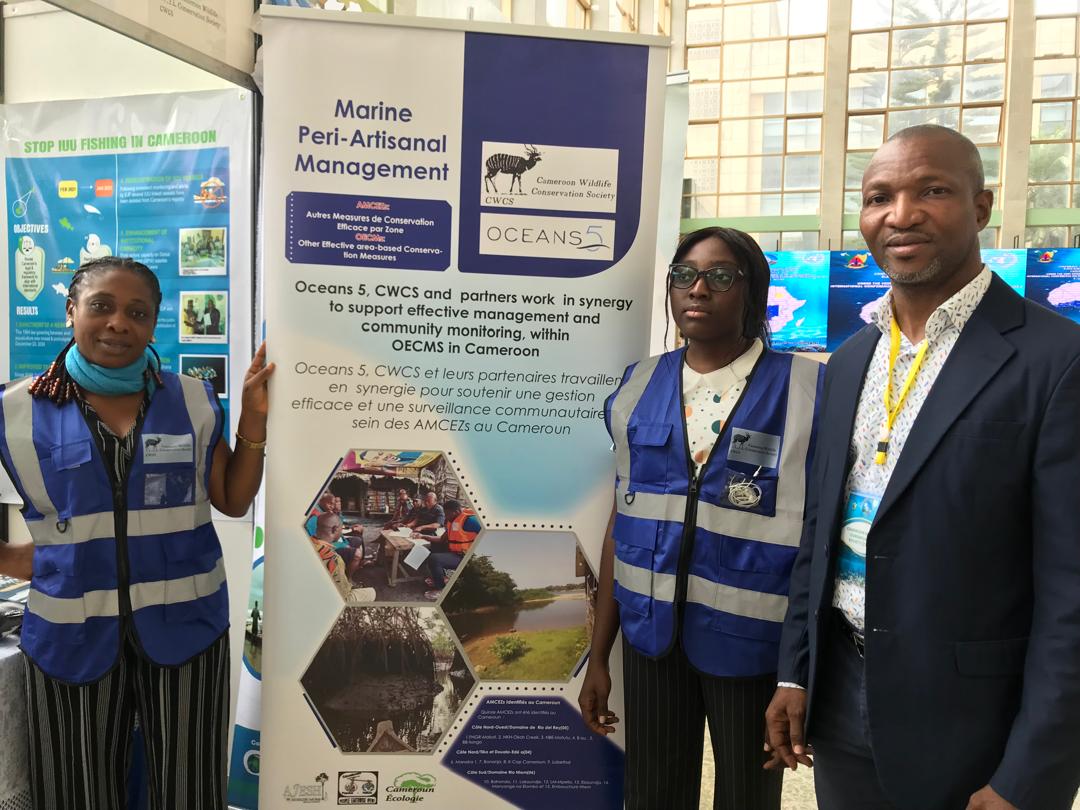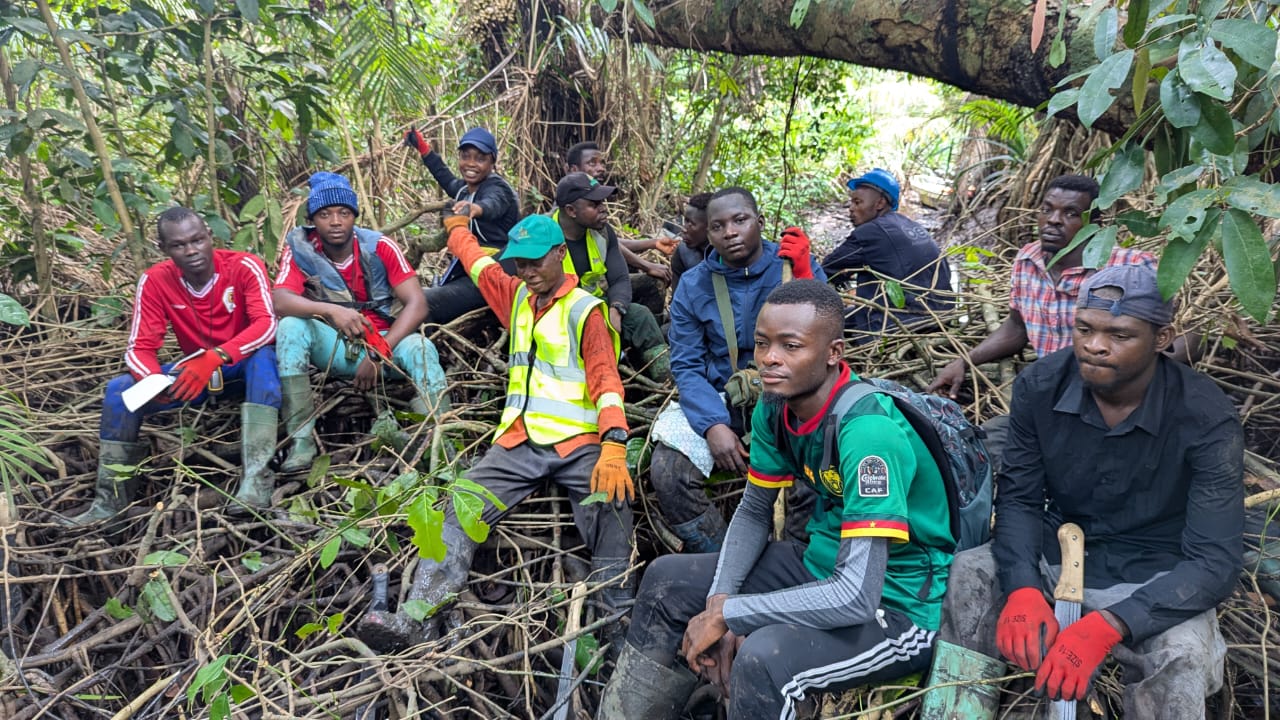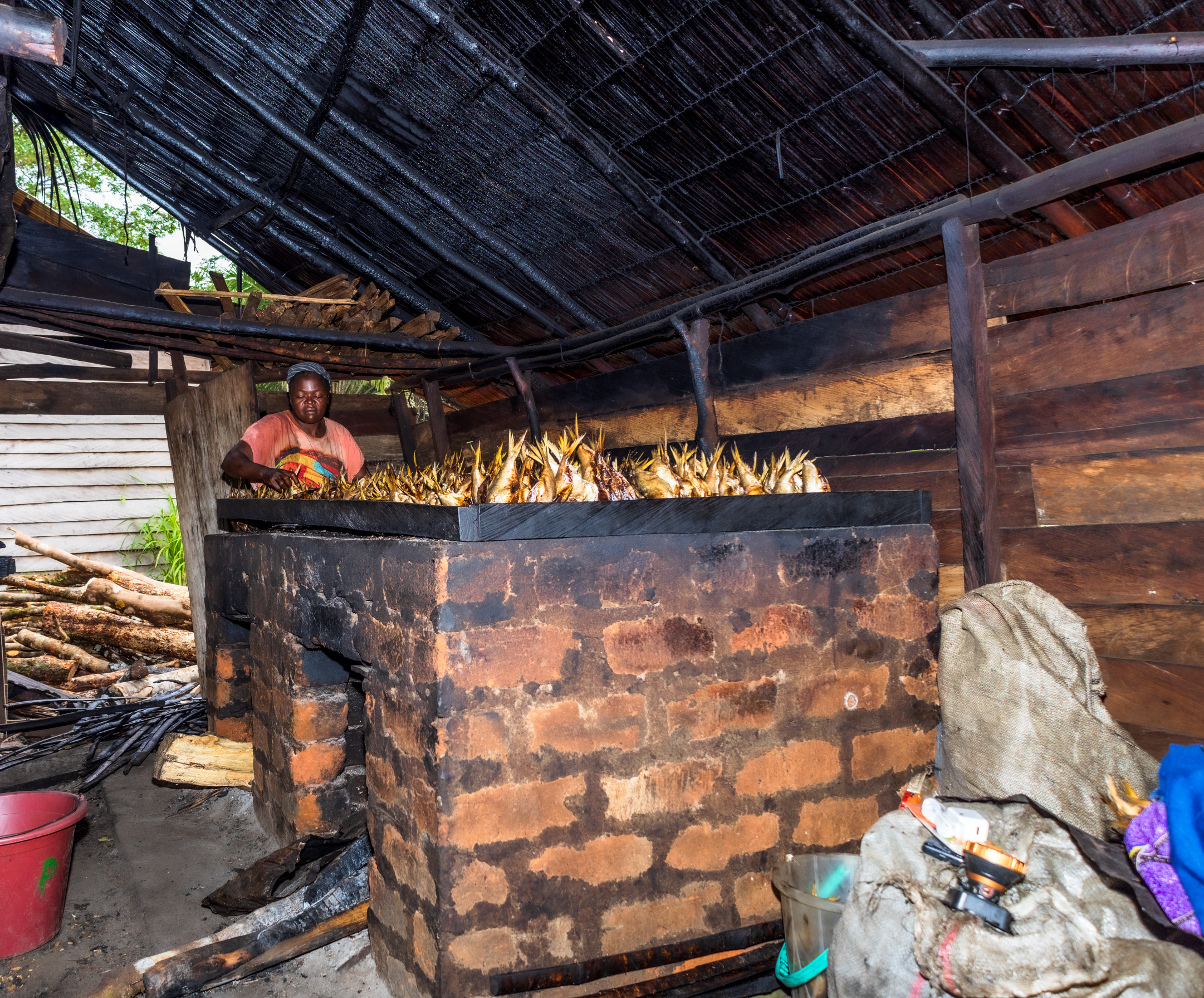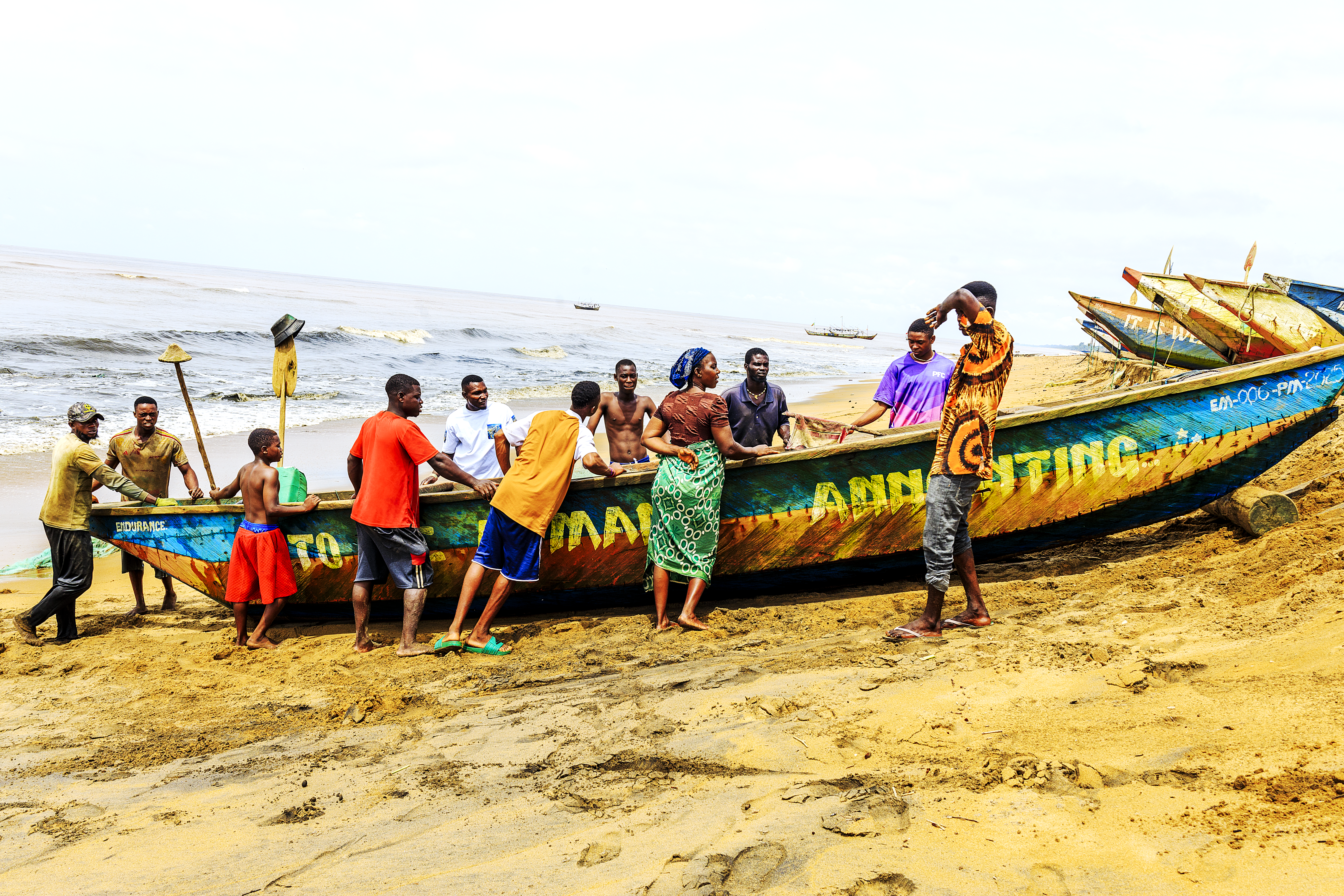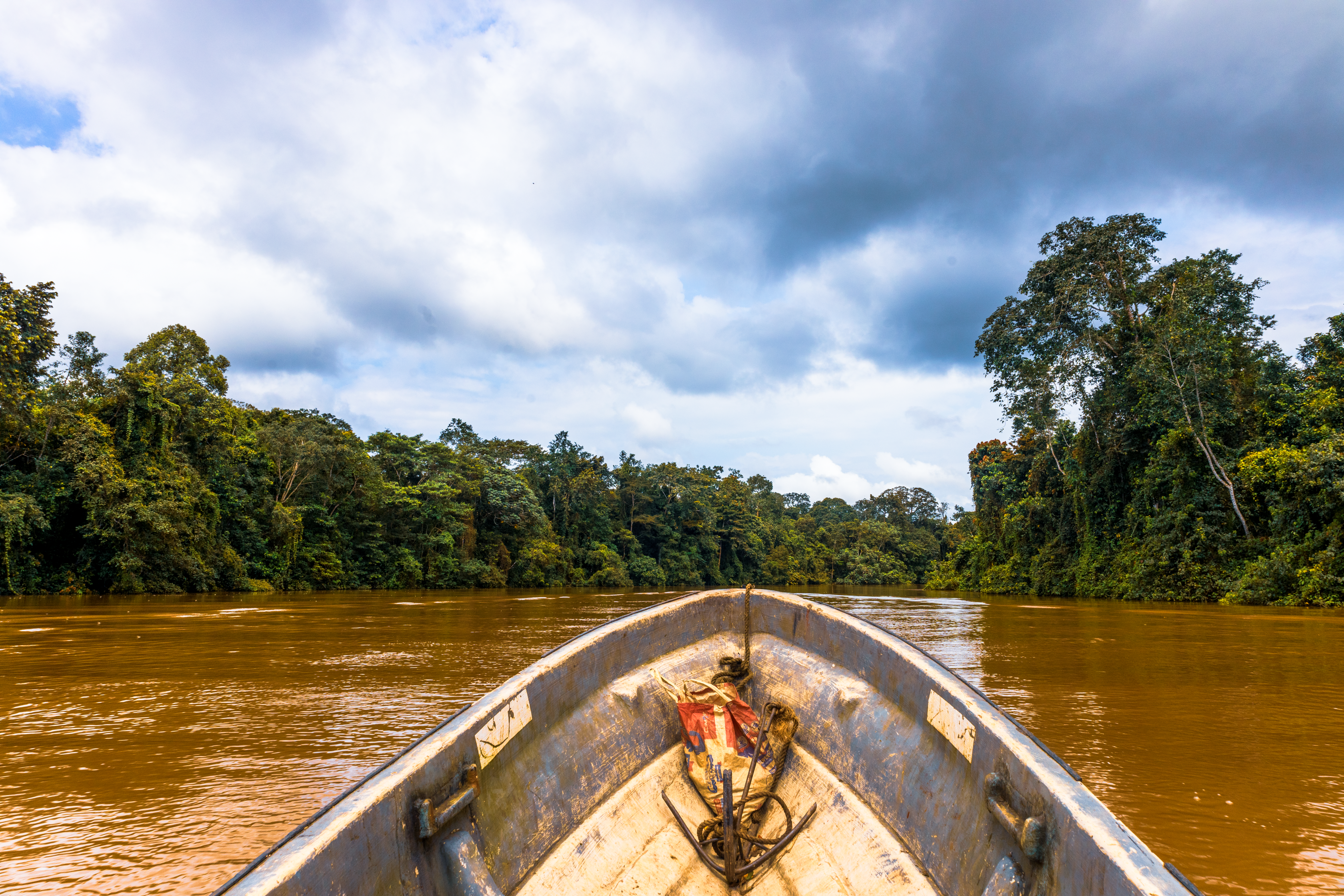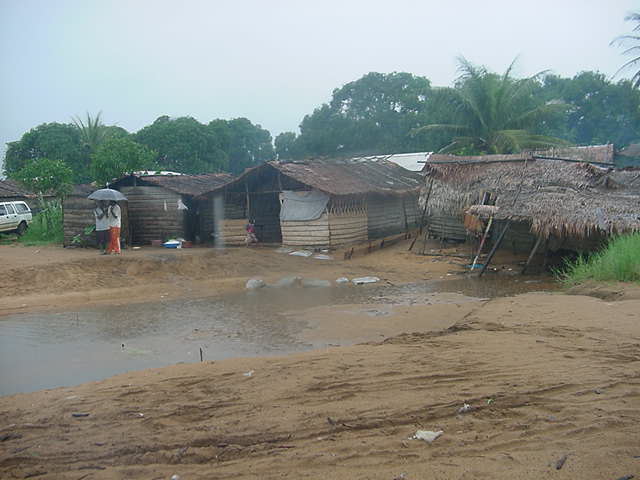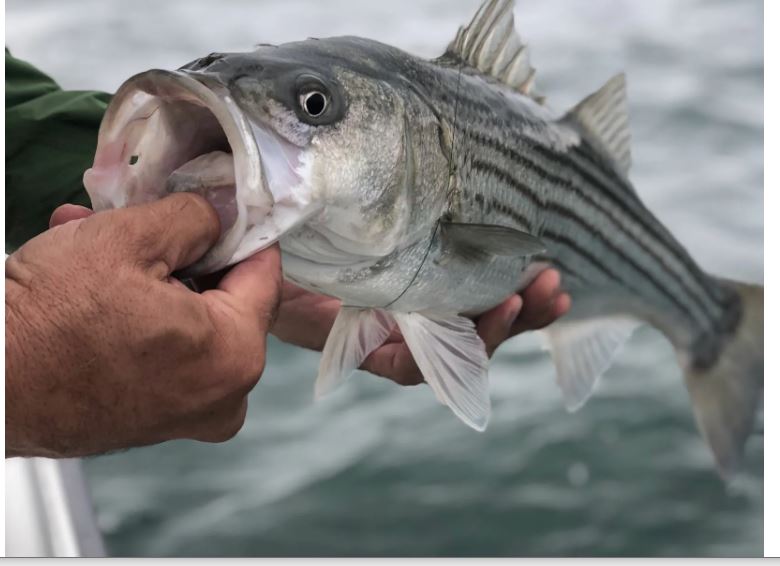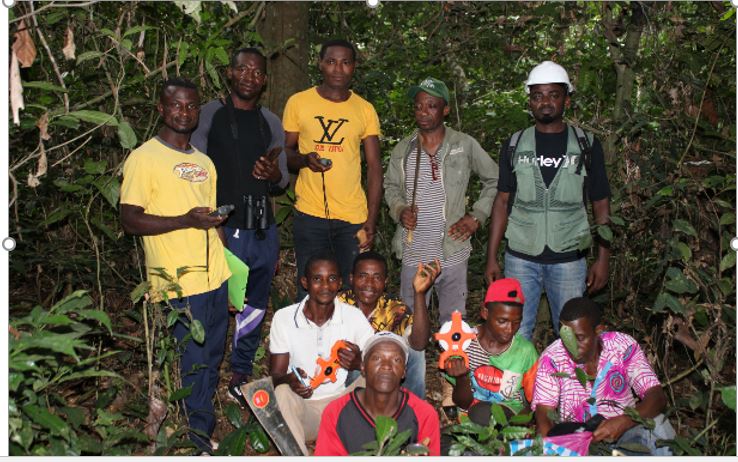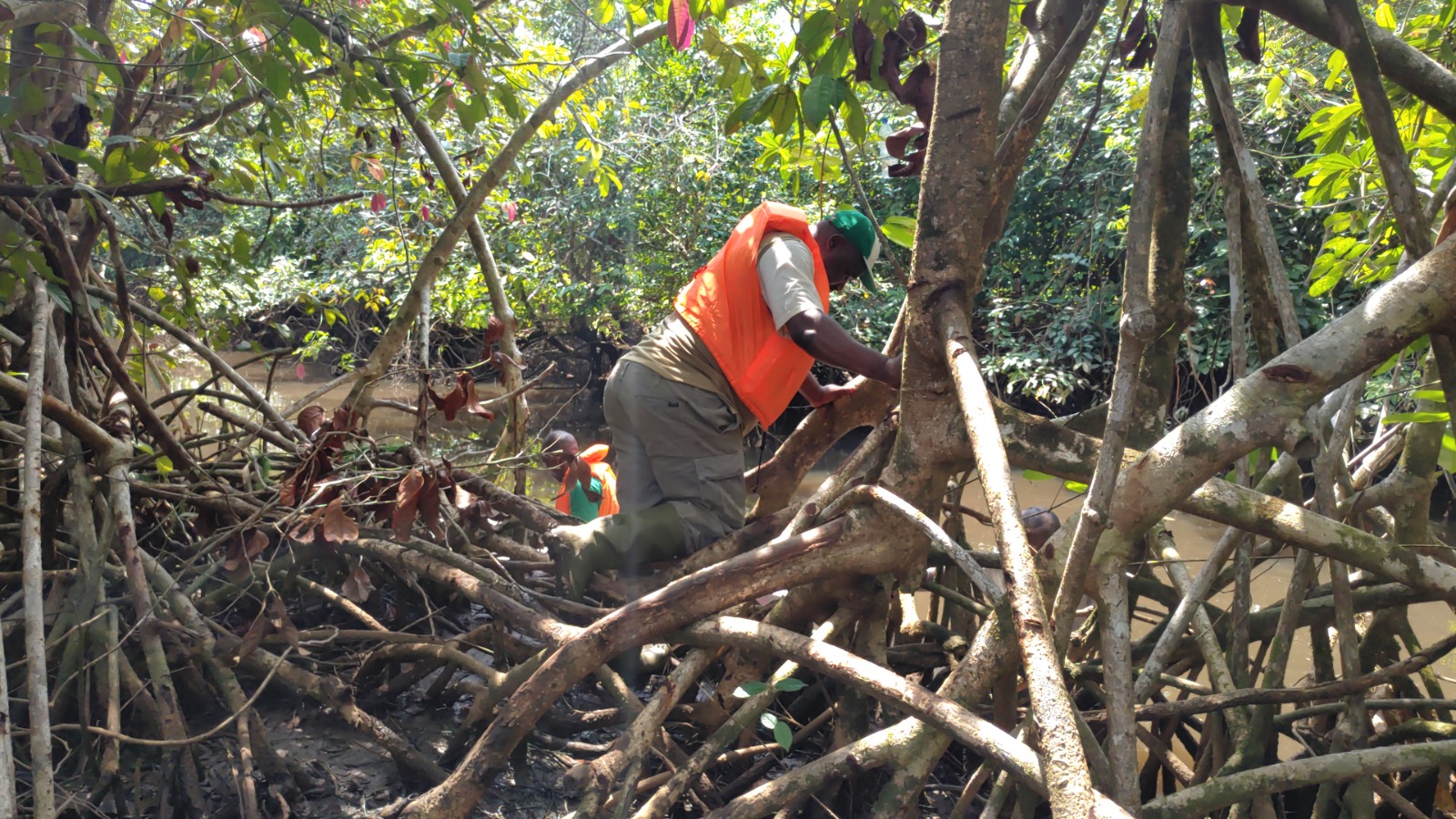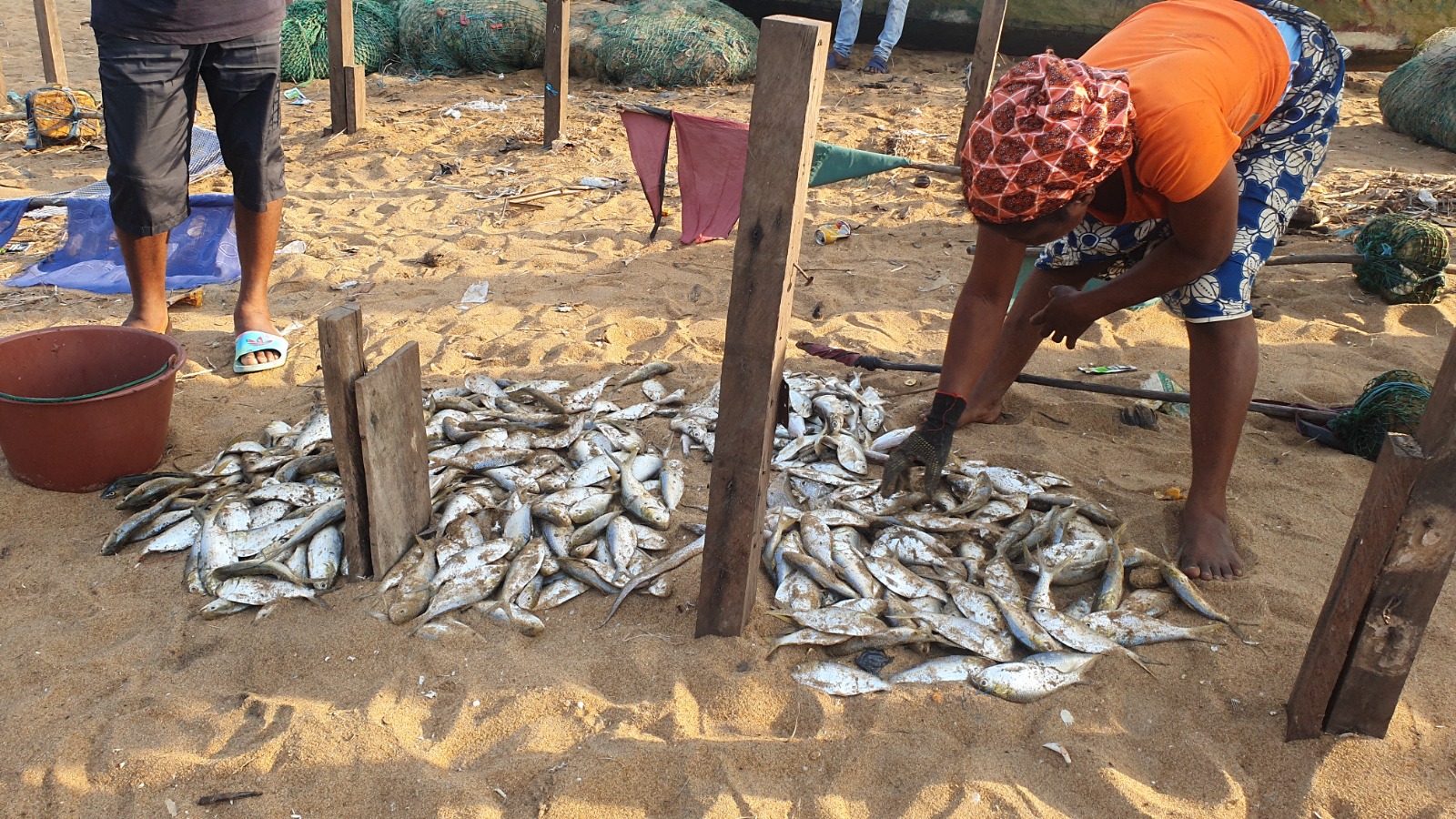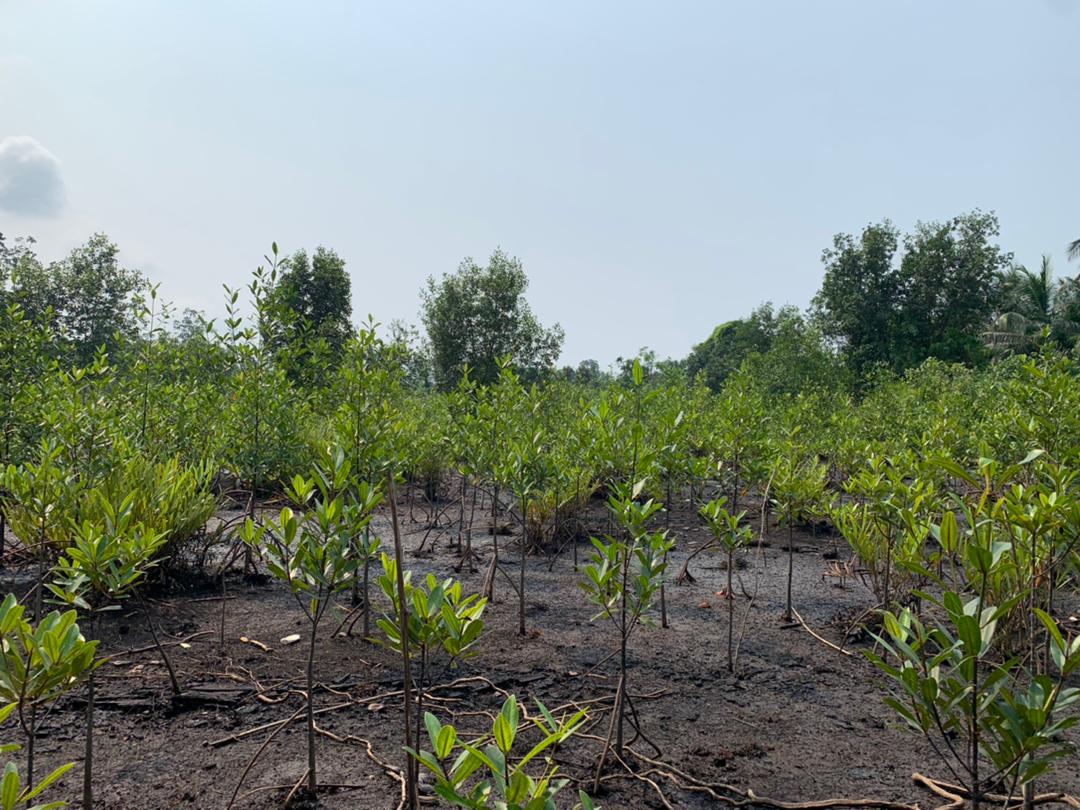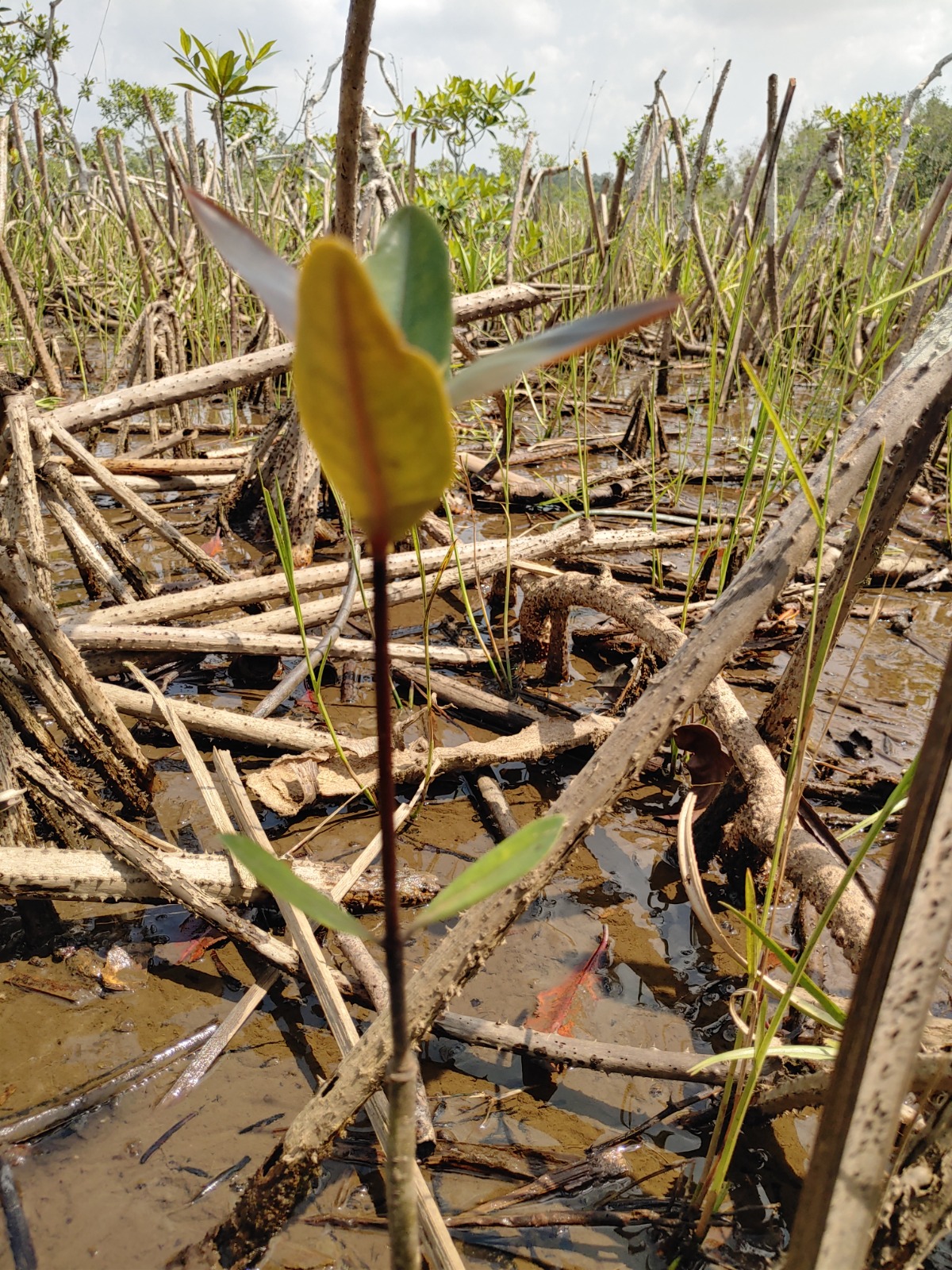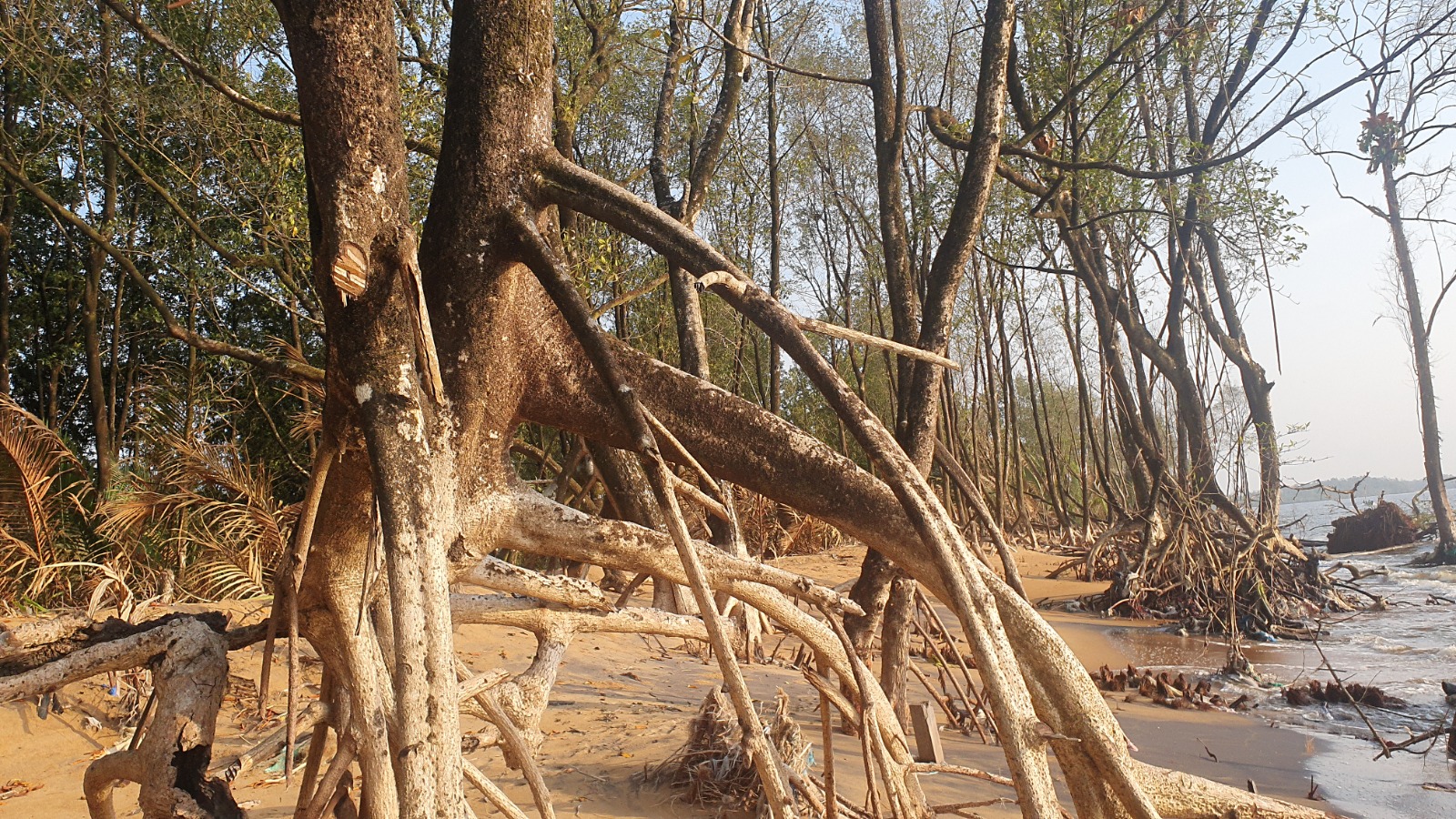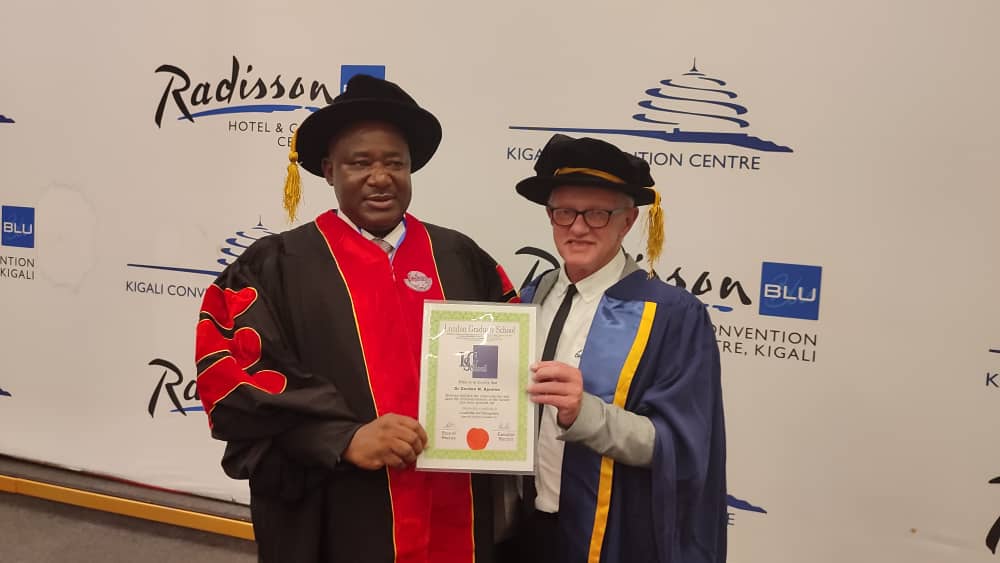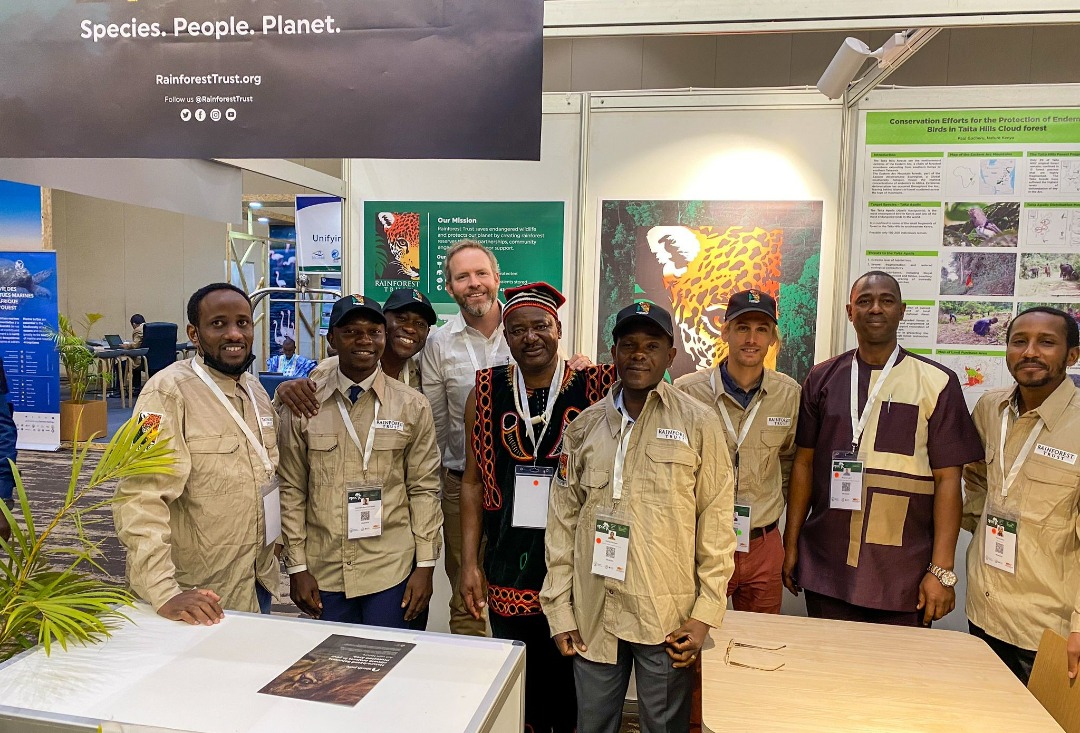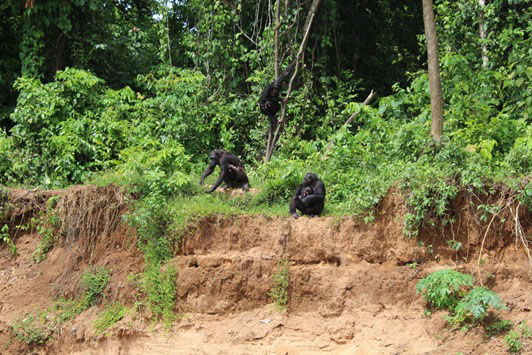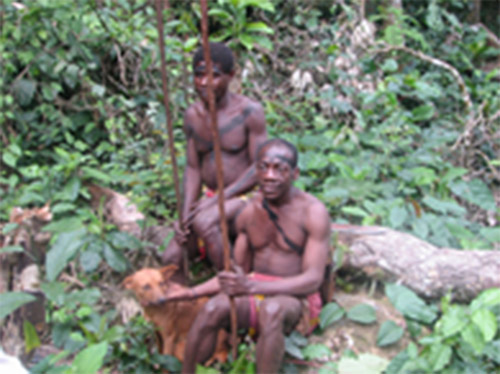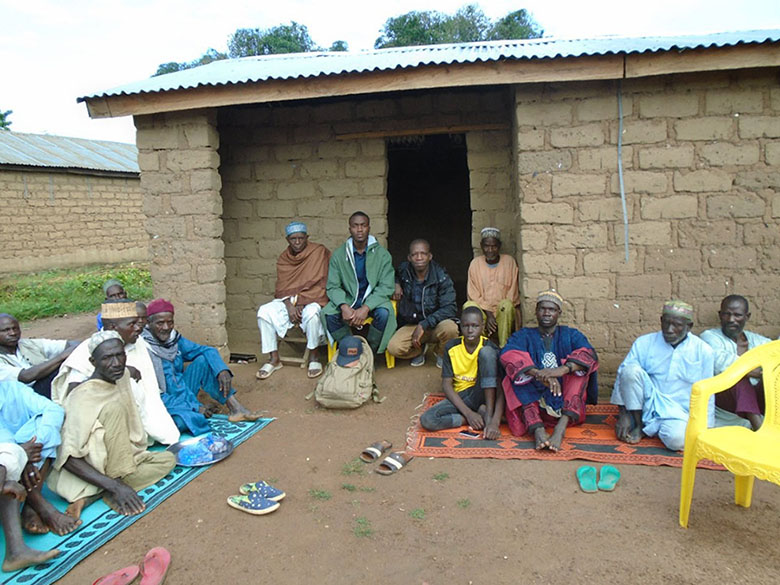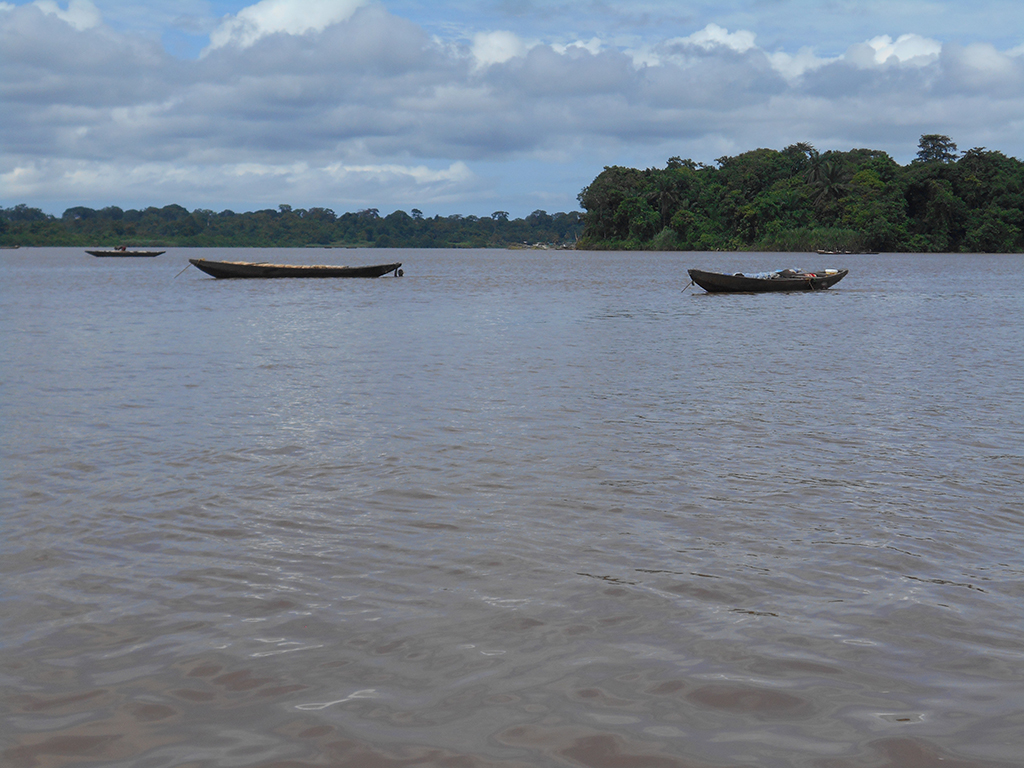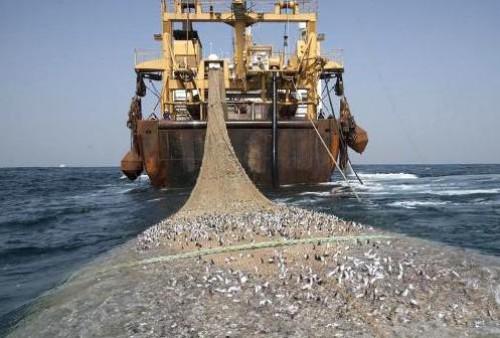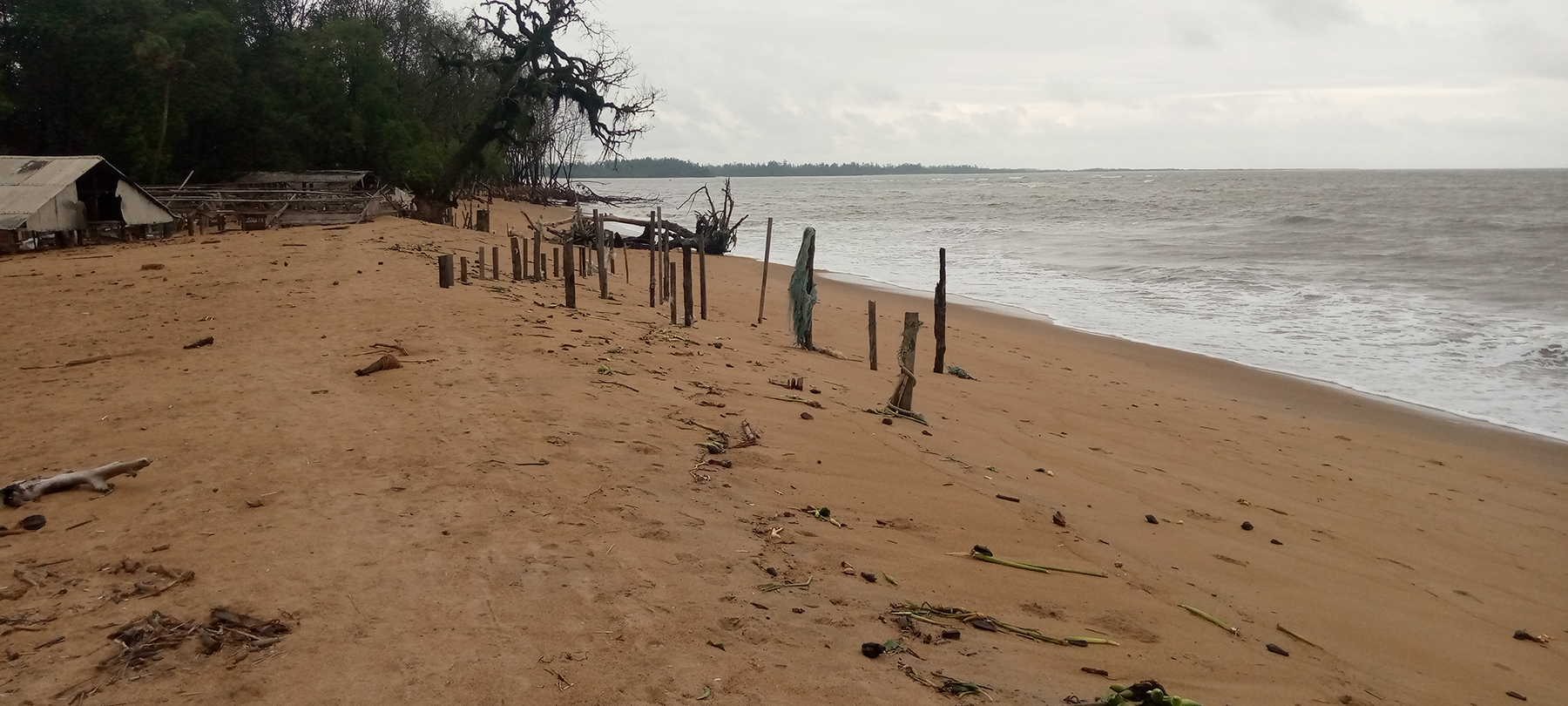In the coastal towns of Cameroon, the sea has long been a source of life. But over the years, this lifeline has become fragile, threatened by overfishing, pollution, and the disappearance of mangroves. The Cameroon Wildlife Conservation Society (CWCS) is helping coastal communities reclaim both their ocean and their future.
At the heart of CWCS’s mission is the idea that: conservation must benefit people. That’s why they are involving local communities in the planning and management of Marine Protected Areas (MPAs) and Other Effective Area-based Conservation Measures (OECMs). There are areas rich in marine life that deserve protection, even if they lie outside formal parks.
“Conservation without people is not conservation, it’s exclusion,” says Eugene Diyouke, CWCS Interim Coordinator. “Our goal is to make local communities the champions of their own marine future,” he adds
CWCS holds village consultations to ensure every voice is heard. From Douala-Edea to Campo, they are co-developing management plans that balance the protection of marine species with the daily realities of fishing communities.
But CWCS is going further by creating alternative sources of income. In Mouanko, local women trained in snail farming now earn a living without harvesting vulnerable bivalves. Another group collects and recycles household waste, sorting plastics and turning biodegradable material into compost. With a tricycle purchased through CWCS support, they now clean their neighborhoods—and benefit from it.
Meanwhile, CWCS has restored over 200 hectares of mangroves, working alongside partners like Planet Urgence to bring degraded ecosystems back to life and protect coastlines from erosion.
“When we restore mangroves or train women to farm snails, we are not just protecting nature, we are building resilience, one family at a time,” Diyouke explains.
CWCS’s approach is rooted in partnerships. Alongside organizations like AMCO, EJF, and CAMECO, they showcased these efforts at the Blue Economy Conference, sharing how ocean conservation and community empowerment can go hand-in-hand.
The message is clear: true conservation means putting people at the center. And through mangrove restoration, community-led planning, and sustainable livelihoods, CWCS is helping coastal families protect their environment, and shape a better future.
